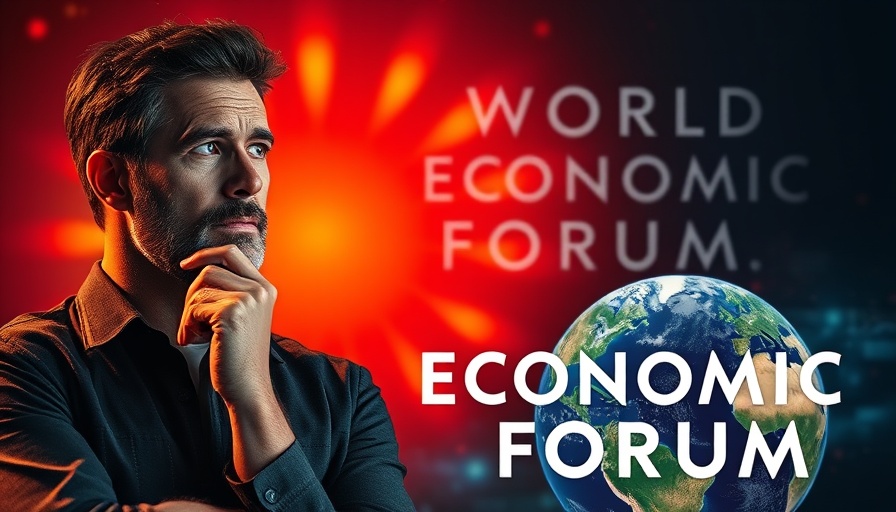
The Underestimated Threat: Global Demographic Decline
In a rapidly changing world, humanity's greatest threat may not be climate change or nuclear conflict but an unperceived demographic decline. As populations worldwide shrink, their effects on financial stability and retirement savings are profound, warranting a comprehensive understanding of this emerging crisis.
The video 'This Hidden Crisis Could Wipe Out Your Retirement Savings' delves into the critical but often overlooked issue of global demographic decline, prompting an in-depth analysis of its broader economic implications and strategies for personal financial resilience.
Understanding the Data: Population Projections Unveiled
Historically, the narrative suggested a 'population bomb'; however, emerging data, particularly from the European Commission and renowned medical journals like Lancet, show a stark reversal. Instead of a booming population of 12 billion by 2100, projections now indicate a peak of approximately 9.7 billion by the 2060s, followed by a steep decline. This shift calls for closer examination and consideration in our financial planning.
Economic Forces Driving Population Decline
The economics of child-rearing present a daunting reality: raising a child in the U.S. can cost upwards of $310,000. Combined with stagnant wages, the financial calculus of starting a family becomes daunting, leading to decreased birth rates. This economic pressure, alongside rising housing costs and healthcare expenses, explains the hesitance to enter parenthood.
The Social Factor: Isolation and Changing Lifestyles
Social dynamics also play a pivotal role. A significant percentage of individuals report minimal close friendships, suggesting a paradigm shift in relationship-building. The rise of social media, while it appears to broaden our circles, complicates intimate connections that typically encourage family formation. This transformation adds another layer to the complexities of demographic decline, further stressing the importance of community bonds.
Implications for Retirement and Financial Systems
Demographic decline directly impacts financial systems, particularly pensions. With shrinking younger populations, foundational models of pensions—dependent on ongoing contributions—face systemic pressure. Governments will need to navigate the precarious balance between sustaining pension payouts and managing a dwindling active workforce, potentially resorting to strategies like financial repression and mass immigration. This could significantly erode retirement savings, impacting millions.
Rising Market Pressures: Asset Value and Economic Power Dynamics
The shift indicates an ominous future for asset prices, particularly in stock markets. Deflated inflows into pension funds, traditionally buoyed by major stock indexes, could lead to significant downturns. Yet, there's a silver lining: as labor becomes scarce, wage positions could improve, unwinding decades of wage stagnation and systemic disenfranchisement. This could reallocate economic power back to labor, as firms scramble for workers and offer competitive salaries.
Future Trends: Adapting to New Economic Realities
As demographic trends evolve, so should investment strategies. Understanding and investing in sectors aligned with family formation, like affordable housing and childcare, becomes crucial. Furthermore, geographic diversification can mitigate localized demographic challenges, allowing for broader financial stability.
Proactive Positioning: Strategies for Individuals
How should you, as a professional or investor, adapt to this shifting terrain? Empower yourself with knowledge—invest in education tailored to high-demand fields and stay ahead in a labor market craving skilled talent. Prioritize active portfolio management, reassessing investments based on long-term demographic implications rather than short-term gains. Moreover, develop a strategic financial plan that anticipates varying future scenarios.
Ultimately, this demographic evolution is a pressing reality that warrants immediate attention. By positioning yourself strategically within this context, you can transform impending challenges into opportunities. Knowledge truly is power, and adapting to the evolving economic landscape can facilitate not just survival, but potential prosperity in these uncharted waters.
 Add Row
Add Row  Add
Add 




Write A Comment